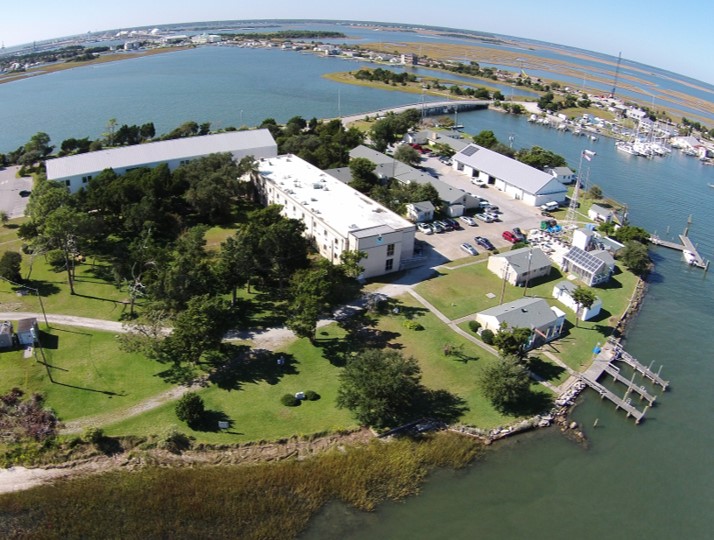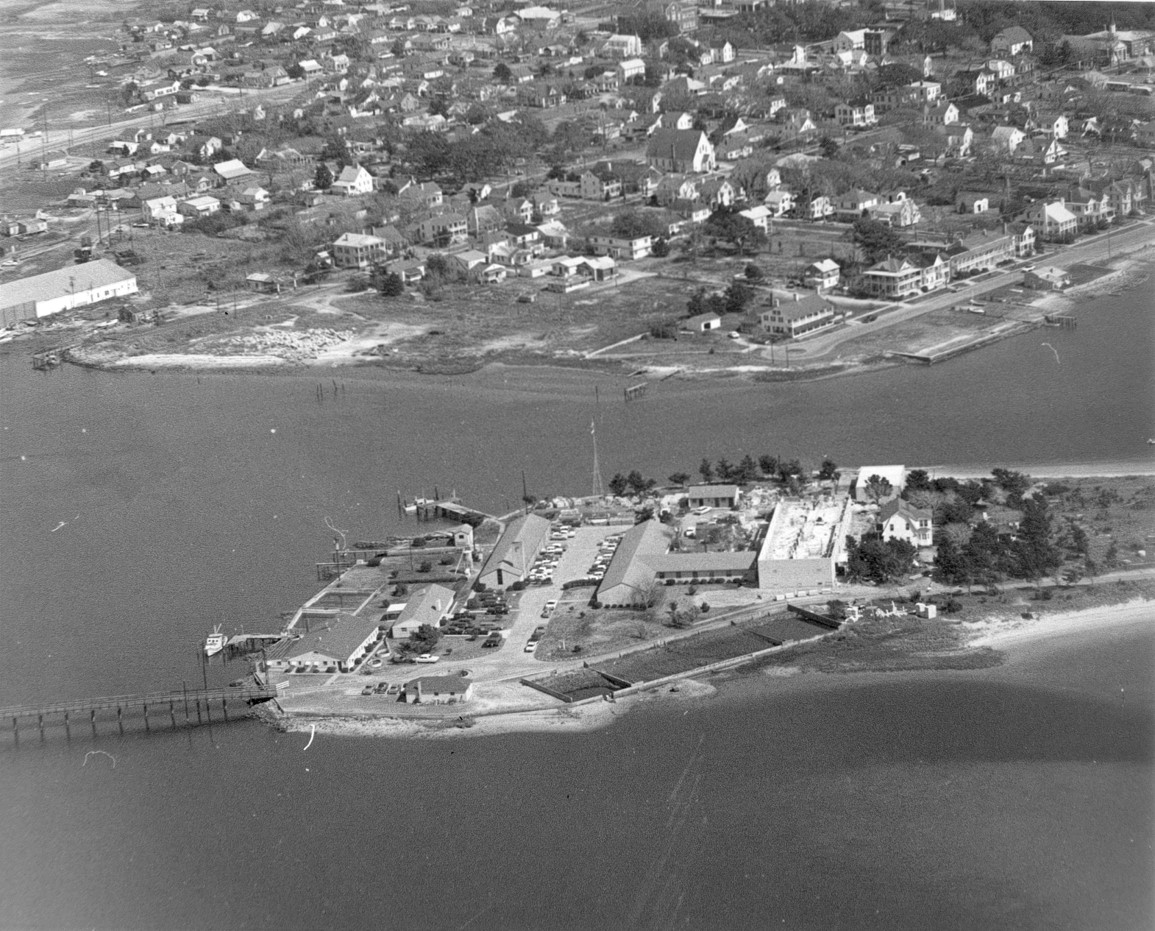
The Beaufort Laboratory in North Carolina is celebrating its 125th Anniversary this year! As the second oldest federal marine science laboratory in the nation, NOAA’s Beaufort Lab predates the establishment of NOAA by just over 70 years. Founded in 1899 as part of the United States Fish Commission, one of NOAA’s predecessor agencies, NOAA’s Beaufort Lab has been a leader in fisheries, ecological, and oceanographic research throughout its history. Today, the lab is a shared facility managed and operated by NOAA’s National Centers for Coastal Ocean Science (NCCOS) with scientists from NOAA Fisheries, and the North Carolina Coastal Reserve and National Estuarine Research Reserve conducting research.
Throughout its history, Beaufort Lab scientists have contributed to a wide range of science and research which includes pioneering studies on harmful algal bloom forecasting methodologies; conducting foundational research on larval fish rearing; and providing high-quality data for fisheries stock management. The lab is well known for being the focal point for red tide research during the first recorded red tide event in North Carolina in 1987, and for studies on radioactive isotopes in marine life following the testing of nuclear weapon detonation in the 1950-60s. In addition, the lab hosts educational camps and school field trips through the North Carolina Coastal Reserve and National Estuarine Research Reserve to the Rachel Carson Estuarine Research Reserve, which is a five minute boat ride away.
Today, the lab serves as a hub for research on habitat mapping, use of green infrastructure for flood mitigation, harmful algal bloom forecasting, fisheries management, and studies on endangered species such as whales and sea turtles while supporting frequent collaborations with other scientists and organizations in the region.

